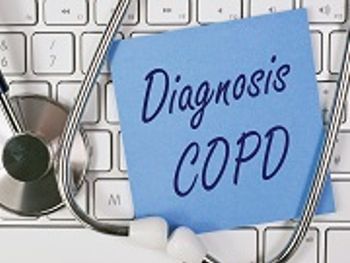
Cardio selective beta blockers reduced the relative risk of COPD exacerbations in a recent study.

Cardio selective beta blockers reduced the relative risk of COPD exacerbations in a recent study.

Nanoparticles can change shape to gain entry into diseased tissue and reduce the toxic effects of chemotherapy.

Investigational drug MLN8237 aids ABT-199 in killing neuroblastoma tumors in advanced mouse models.

Twitter can increase awareness and patient recruitment for clinical trials of cancer drugs.
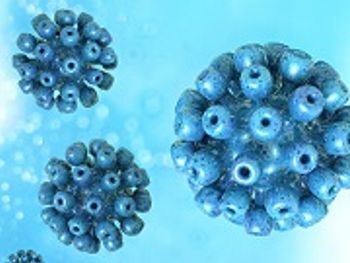
The high cost of HCV treatment remains a hurdle for patients, payers, and providers.
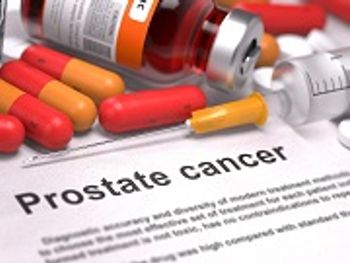
Prostate specific membrane antigens offers new targets for potential prostate cancer drugs.

ICER estimates annual funding available to spend on new drugs divided by the number of expected FDA approvals.

Histologic improvement greater with experimental drug versus placebo in patients with moderate-to-severe ulcerative colitis.

Individual genetic backdrop may be less important than previously thought in the development of multiple sclerosis.
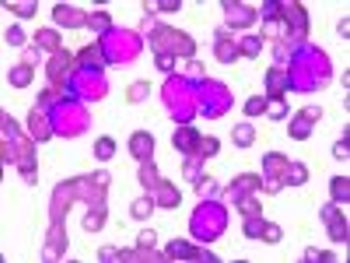
Promising study may lead to targeted treatment for patients with ALL.
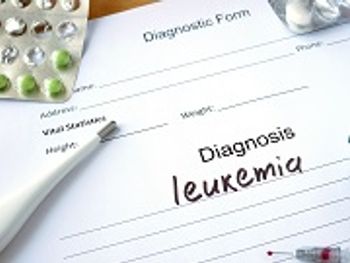
Study estimates health insurers can save $9.1 million over 5 years per 100 CML patients.

Out-of-pocket costs can lead to the reduced use of preventive services and increased use of preventive medications.

Researchers seek to develop drugs that are less toxic and achieve longer remissions in multiple myeloma patients.
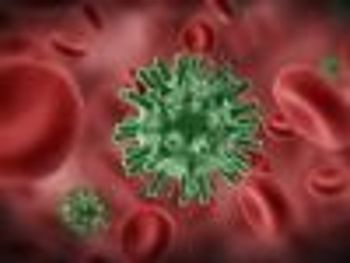
Efficacy of Truvada varies by gender in HIV treatment.

Study examines impact of text message reminders to improve drug adherence.

New treatment approach offers less severe side effects from chemotherapy.
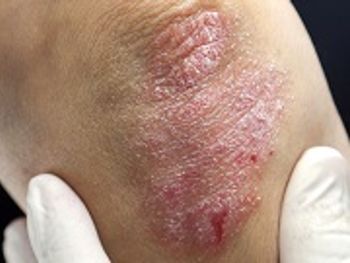
Ixekizumab (Taltz) approved for moderate-to-severe plaque psoriasis in adults.
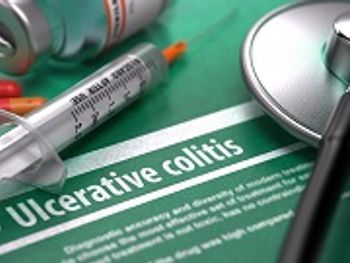
Histologic improvement greater with experimental drug versus placebo in patients with moderate-to-severe ulcerative colitis.

Return on investments for developing a vaccine lags far behind revenue from new drugs.

The demand curve for a treatment supports stronger revenue from a drug than a vaccine.

Study finds incidence of post-traumatic stress symptoms in breast cancer patients to be underestimated.

Cell-based therapy shows promise in high-grade glioma.

Study finds Medicaid health plans need to use a variety of formulary administration techniques and utilization management to limit prescription drug spending.
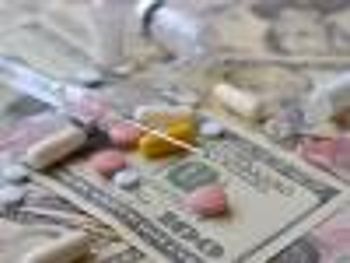
Specialty drugs comprised 36.5% of the total Medicaid 2015 drug spend.

Some generic brand drugs will continue to dramatically rise, making management through strategic tier placement crucial for continued success.

Medicare Part D Program saved beneficiaries more than $7 billion on medication.

Drug pricing pressures, narrow networks, and information technology among top healthcare trends in 2016.
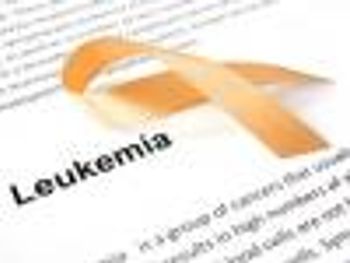
Gene overexpressed in AML may offer new target for halting the spread of cancer.

Alcohol can affect estrogen in breast cancer cells and weakens the ability of drugs that halt proliferation.

Herbal remedies such as stinging nettle, garlic, black cumin, and turmeric can cause harm during chemotherapy in some instances.